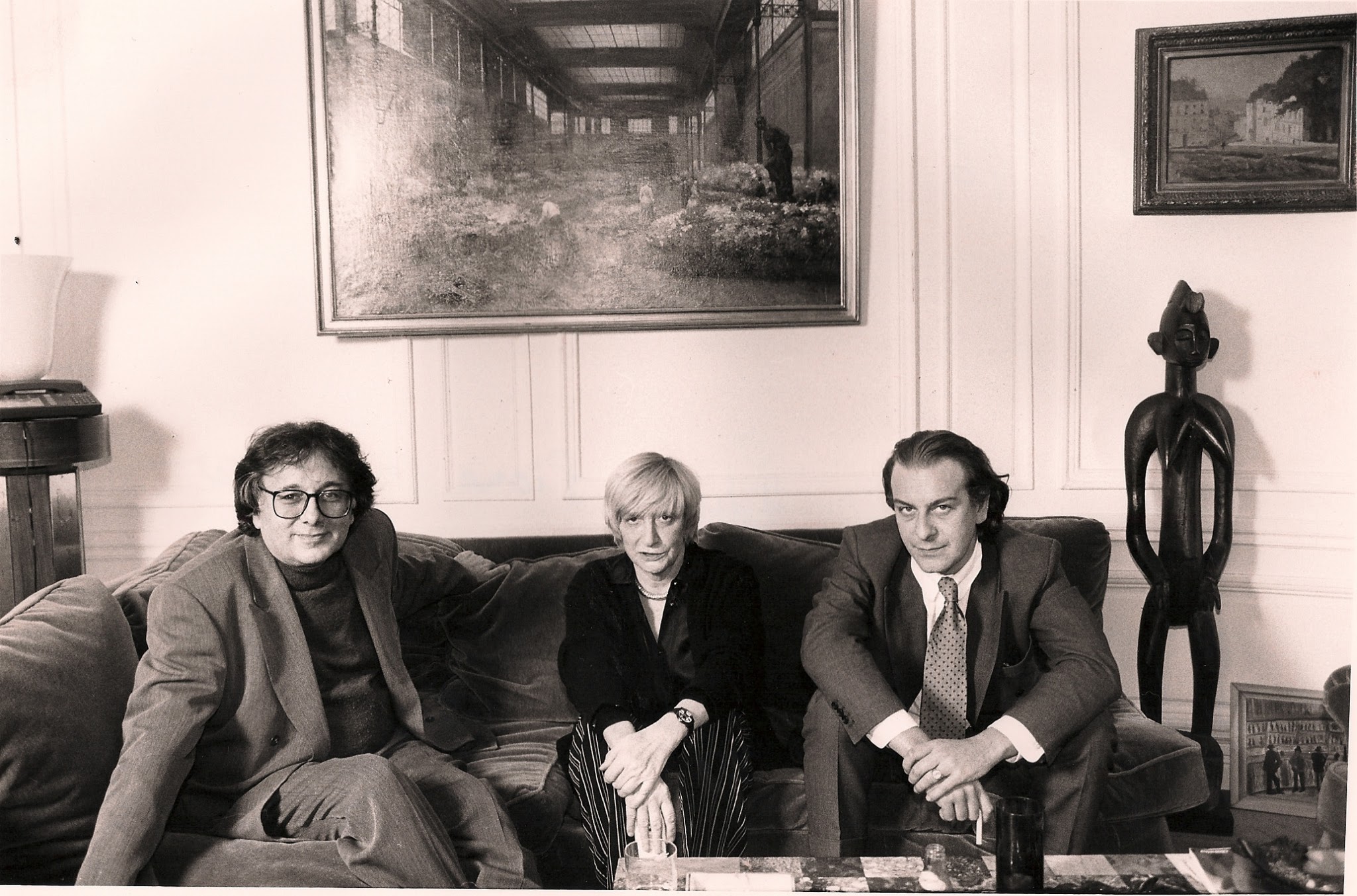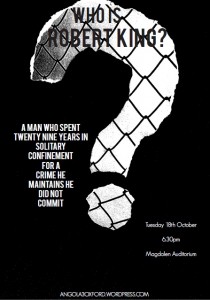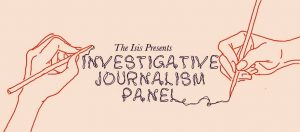
Over a week with Jean-Paul Mulot, ex-editor of Le Figaro
by Jacob Lee | October 12, 2016
In April this year I went to stay with Jean-Paul Mulot and his family on the Île de Ré, a French island off the coast of La Rochelle, famous for its oysters and sweeping light. I was there for a tutoring job, but I took the opportunity over the course of ten days to quiz Jean-Paul on his ten years at the Le Figaro, including his time as managing editor and his thoughts on the state of journalism today. Our conversation ranged from the refugee crisis to the growing threat of Google’s media monopoly.
One of my first questions was what he saw as the future of war journalism. He told me that today the need for journalists on the front line has hugely diminished, partly because there is often no longer a ‘front line’, but also because the effects of war are more efficiently documented in places like Greece and Italy than they are running from bombsite to bombsite in Syria.
We began to talk about the ethics of hospitality and asylum in light of the refugee crisis, and whether it was right for Angela Merkel to open up Germany’s borders only to close them several months later. He told me: “The idea that you should adopt an immigration policy that favours the educated over those that are not is potentially devastating for a country like Syria. I personally strongly object to the middle class immigration we are seeing right now, and the idea that we should welcome them because they are doctors or teachers or lawyers, only because if they settle in the UK, France or Germany there is a very serious risk you will never be able to rebuild those countries once the war is over. If they don’t come back there will be nobody left who can rebuild the structure of society.”
I wasn’t sure whether this was a good enough reason to turn people away at the border. He continued: “We are not talking about the people who can’t afford to pay to get to Europe and are stuck and dying on the edge of a warzone. We are talking about the people who can. That’s why I think there is a problem: you are stripping a country. It’s non-egalitarian: they get to Greece and there is this impression that they are very poor but it is just not true. The very poor are stuck and cannot do anything. So if hospitality is just for people who are able to get to the border something has definitely gone wrong. It has become a form of classism.”
Jean-Paul played a very important role in Le Figaro’s history in that he was responsible for creating and launching the online version of the paper. On the Sunday there was wind and rain so we stayed inside and I asked him about how he thinks the internet has changed journalism.
“Re-publication has become a real problem. World news is now republished 20,000 times in two hours across the planet and no one has the time to check that the newspaper who has published it has verified their facts or not. Figures that look very professional are often misleading or wrong. It’s possible to push massive content at such breakneck speed and timing really is an issue for verification.”
“It’s great that you can now have almost instantaneous knowledge of what is going on at the other side of the world. The flip side is that in the past with Le Figaro or the Guardian you knew exactly what their sources were but now it’s impossible to have that sort of assurance.”
I raised the concern that this plurality of information could be seen as a potential threat to a newspaper’s traditional role of keeping corporations and governments in check.
“What I find most troubling is Google. Everyone is making deals with Google because they have so much money. It’s disturbing that it is investing so much in the media: if you look at the details closely Google has formed partnerships with virtually every newspaper on the planet. It’s not a huge amount of money that they are giving to them each time but it is a couple of millions, which is a very important lifeline for those papers, but at the same time it means they are not going to report on the tax dodging that is going on at Google.”
“If Google stops tomorrow virtually everything stops. But that is what is so worrying about it. As opposed to sites like eBay, Google is pouring money into almost everything, which makes its involvement in the information industry even more unsettling. Personally I don’t think that Google should be allowed to invest in the media. They should pay their taxes and then if governments want to create foundations for media Google should really have no intervention in it.”
“I found the BSkyB deal in 2011 really interesting because people were so afraid of Murdoch yet they think they have nothing to worry about with Google. I remember 8 years ago we met with Google and you could tell they were already incredibly cautious. They are the only company that I have ever interacted with that sent three lawyers to an initial meeting, and that was 8 years ago. Google is more powerful than most states yet we don’t think twice about it. People see Murdoch as a threat but if you compare Murdoch and Google there is really no comparison.”
As someone who has an interest in journalism, I expressed a worry about the declining commerciability of its trade. I asked Jean-Paul about the ways in which papers and magazines might adapt to survive.
“The way people are paid will have to change. There should be a correlation between page hits and revenue for a journalist, much like with the revenue sales of literature. It would be a good idea to create a media package like with what you have with Sky TV. The problem is that newspapers are not very good at talking to each other so implementing something like that would be difficult.”
“25 years ago if you wanted to have the news you had to buy a paper. Now you have access to so much for free and so to convince a reader to spend a bit of money is difficult: they have to be very dedicated. A lot of people see it as entertainment, which is something that the Daily Mail has really capitalised on.”
In our final converstation Jean-Paul began to speak more generally about his time at Le Figaro.
“I like things that are controversial but that is not really the culture of Le Figaro, which is a very traditional right-wing paper. I did fight the left a lot. I’m very anti-communist. But after ten years I was ready to go. At the time the Vatican were implying that all gay priests were paedophiles and this was something I strongly objected against. So I wrote a column arguing that the Bible makes no reference to the sexuality of priests and it is not something that should come into religion. Le Figaro is a very religious paper so I knew there would be trouble. But I think that’s why I did it.”
.




